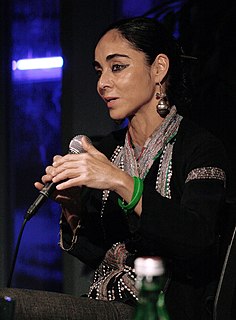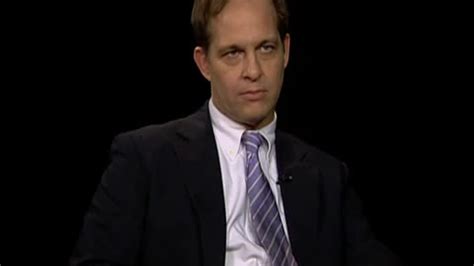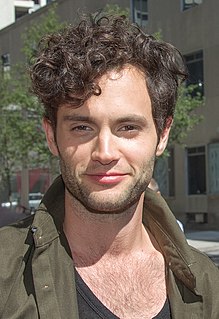A Quote by Salman Rushdie
The West was involved in toppling the Mossadegh government. That ultimately led to the Iranian revolution.
Quote Topics
Related Quotes
I think the debate was really some powerful moments of clarity. We saw that Donald Trump, substantively, has the same issues on issue after issue as Hillary Clinton. He agreed with Hillary Clinton on Libya, toppling the government in Libya. That led directly to Benghazi, led to handing that country over to radical Islamic terrorism.
A revolution is bloody, but America is in a unique position. She's the only country in history in a position actually to become involved in a bloodless revolution. The Russian revolution was bloody, Chinese revolution was bloody, French revolution was bloody, Cuban revolution was bloody, and there was nothing more bloody then the American Revolution. But today this country can become involved in a revolution that won't take bloodshed. All she's got to do is give the black man in this country everything that's due him, everything.
I was born in Cuba. At the age of 14 years of age I was involved in a revolution. We were suffering from a very cruel, oppressive dictatorship, and the revolution started in the high schools and the universities. So when I was 14, I was involved in the revolution. I was in the revolution four years. During that time, a young, charismatic leader rose up in Cuba, talking about hope and change. His name was Fidel Castro.
Let's go back to the beginning of the Obama administration, when Hillary Clinton and Barack Obama led NATO in toppling the government in Libya. They did it because they wanted to promote democracy. A number of Republicans supported them. Well, the result is, Libya is now a terrorist war zone run by jihadists.
The expectation in the Obama Administration, or at least the hope, is that a nuclear deal with the West could ultimately moderate Iranian behavior by helping to integrate the country more thoroughly into the international system. Will this happen? It's impossible to predict, of course. We will only know if we get there.
After the rigged Iranian presidential elections in 2009, the Islamic regime attacked the 'humanities' as the main source of protests, the most effective tool used by the West, especially America, to corrupt and incite Iranian youth, and finally closed down all the Humanities departments in Iran's universities.
My sister married an American and took his name, and my brother has shortened Sayrafiezadeh to Sayraf. So now he's Jacob Sayraf, or sometimes Jake Sayraf. He made the change when he was a teenager, prior to the Iranian revolution and the hostage crisis. So I don't think it was motivated by any anti-Iranian sentiment in the United States.
Our support for the Shah, the CIA coup in 1953 - has become infused into the Iranian political discourse. The regime that came to power in 1979 during the Iranian revolution actually defined itself as anti-American, and that's now a critical ingredient in the Iranian domestic political debate. That really is the source of our problems - the regime in Tehran continues to see itself as opposing the US. In their eyes, everything the US does is directed at them in a very malevolent way, and therefore they have to fight back against it.
The cost reductions for renewable energy continue downward in a very dramatic way. We're in the early stages of a sustainability revolution in the globe that has the scale of the industrial revolution but the speed of the digital revolution. And you see it with renewable energy and you see it with LED lighting, which takes a fraction of the energy for the existing bulbs. All new lights are going to be LED. Electric vehicles. There are a lot of changes underway right now. I'm excited by the prospect, and I look forward to working in the months and years to come to accelerate this transition.





































